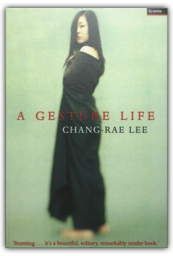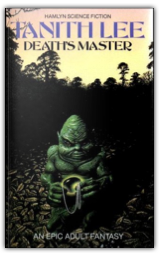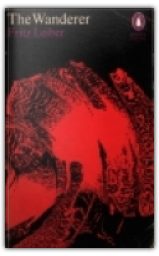 A Gesture Life
Chang-Rae Lee
A Gesture Life
Chang-Rae Lee
Never judge a book by its cover—or, for that matter, by its name. Otherwise you might overlook A Gesture Life, Chang-Rae Lee's fine if awkwardly entitled follow-up to Native Speaker. As he did in his debut, the author explores the dilemma of being an outsider—and the corrupt, heartbreaking bargains an outsider will make to adapt to his surroundings. The protagonist, Franklin Hata, has actually spent his whole life donning one variety or another of existential camouflage. First, as a native-born Korean, he bends over backwards to fit into Japanese culture, circa 1944. Then he attempts a similar bit of environmental adaptation in post-war America—more specifically, in the slumbering New York suburb of Bedley Run. But in neither case does he quite succeed, which gives the novel its peculiar, faltering sense of tragedy."There is something exemplary to the sensation of near perfect lightness", confesses this resident alien, "of being in a place and not being there, which seems of course a chronic condition of my life but then, too, its everyday unction, the trouble finding a remedy but not quite a cure, so that the problem naturally proliferates until it has become you through and through. Such is the cast of my belonging, moulding to whatever is at hand. A Gesture Life presents this chronic condition in two different time frames. In one, delivered via flashback, Hata is a medical officer in Japan's Imperial Army. Posted to a tiny installation in rural Burma, he's ordered to oversee a fresh detachment of Korean "comfort women", i.e., victims of institutionalised gang rape. At first he maintains his professional distance, not to mention his erotic appetite: "It was the notion of what lay beneath the crumpled cotton of their poor clothes that shook me like an air-raid siren". But soon enough he's drawn into a relationship with one of the women, whose bloody and horrific denouement leaves a permanent mark on the "unblissed detachment" of his existence. |
 Made with Delicious Library
Made with Delicious Library
London, State zipflap congrotus delicious library Scott, Mike














